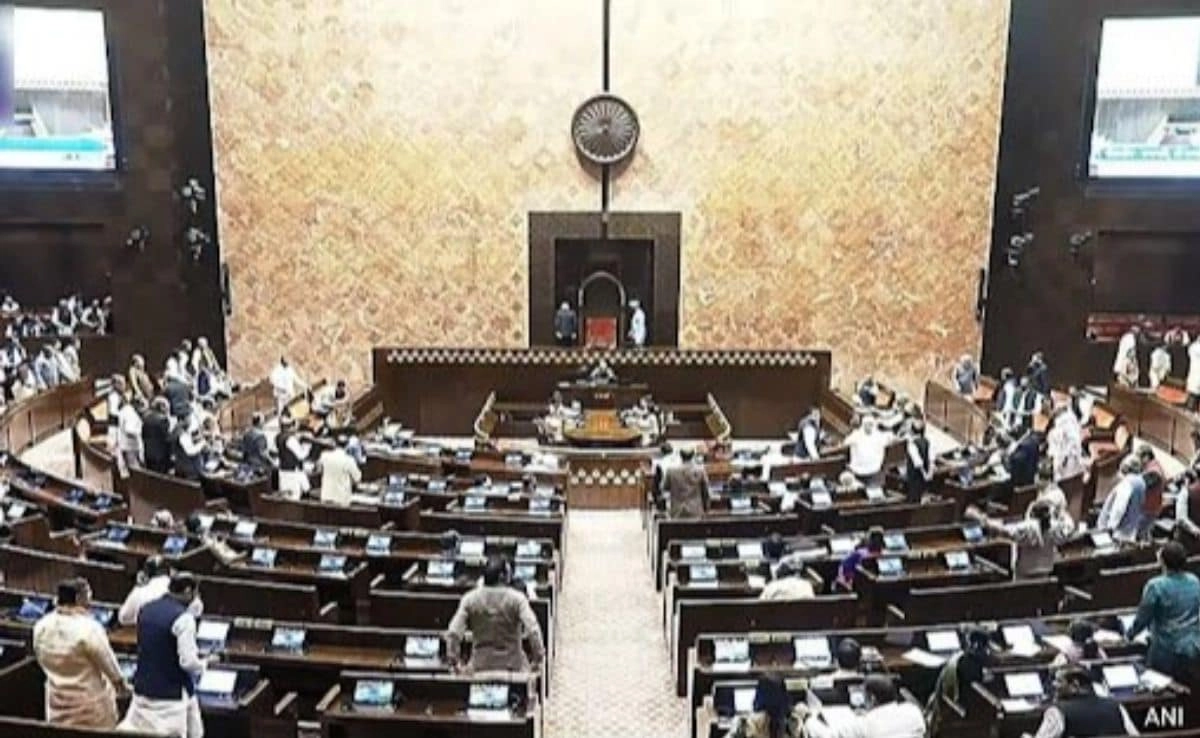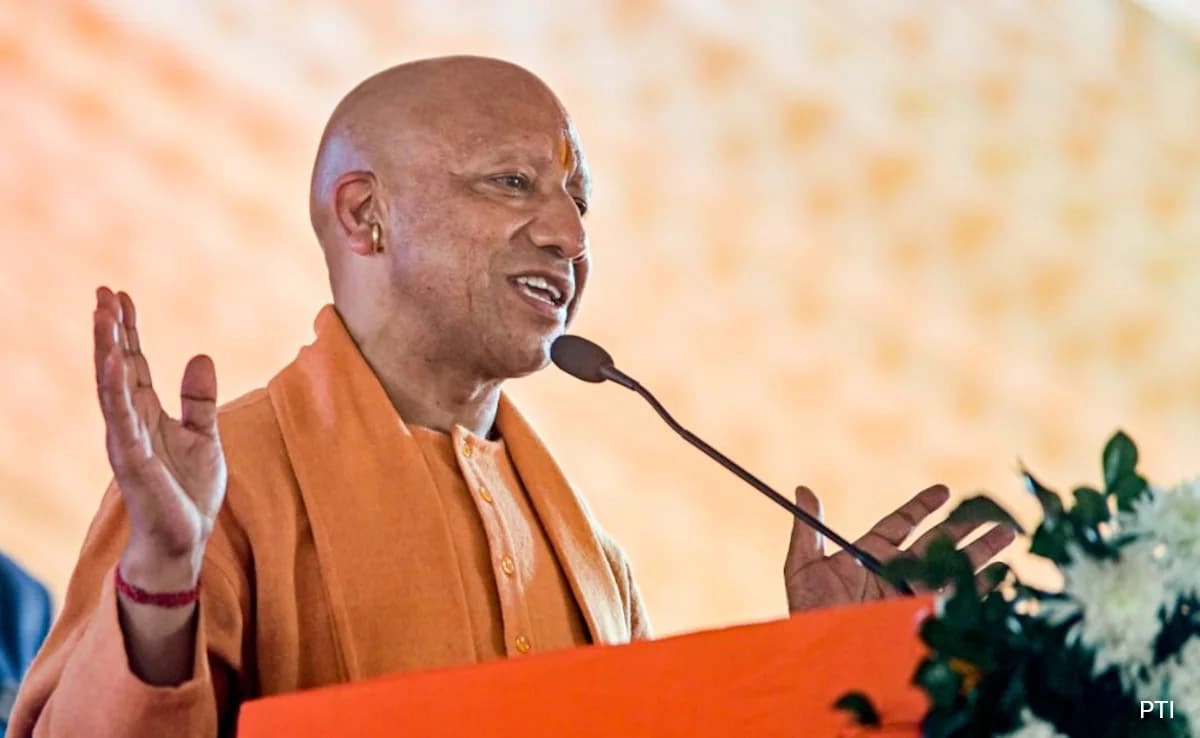Throughout American history, the vice presidency has often been a position filled through a competitive electoral process. Remarkably, only four out of the sixteen vice presidential elections have concluded without a contest, highlighting the generally contentious nature of this political role. The vice presidency, while often seen as a secondary position, has been pivotal in shaping the political landscape of the nation. The rarity of uncontested elections for this office illustrates the increasing importance and visibility of the vice presidential role over time.
The four elections that proceeded uncontested were notable exceptions in a landscape otherwise characterized by fierce rivalry and political maneuvering. In these instances, the candidates were either running mates of presidential candidates who secured overwhelming support or were incumbents who faced no significant challengers. This lack of contestation often reflected broader political dynamics, including party unity or the dominance of a particular political figure within a specific historical context. In contrast, contested elections frequently serve as battlegrounds for contrasting ideologies and political strategies, showcasing the diverse perspectives within American politics.
The competitive nature of vice presidential elections can be attributed to various factors, such as emerging political factions, shifting demographics, and the heightened stakes of national elections. Candidates often use their campaigns to amplify their political platforms and connect with voters, making the vice presidency a critical stepping stone for future political aspirations. In recent decades, the vice presidential selection process has evolved into a strategic decision for presidential candidates, who consider factors such as regional balance, demographic appeal, and the ability to attract undecided voters. Thus, the rarity of uncontested elections serves as a reminder of the dynamic and often unpredictable nature of American political contests, underscoring the importance of the vice presidency in shaping governance and public policy.
As political landscapes continue to evolve, the implications of these elections extend beyond mere numbers; they reflect the political climate and the electorate’s desires at any given time. The vice presidency, once considered a mere afterthought in presidential campaigns, has transformed into a vital role that can significantly impact governance and public perception. The historical context of uncontested elections serves as a fascinating lens through which to examine the broader trajectory of American political history and the evolving nature of electoral competition.




